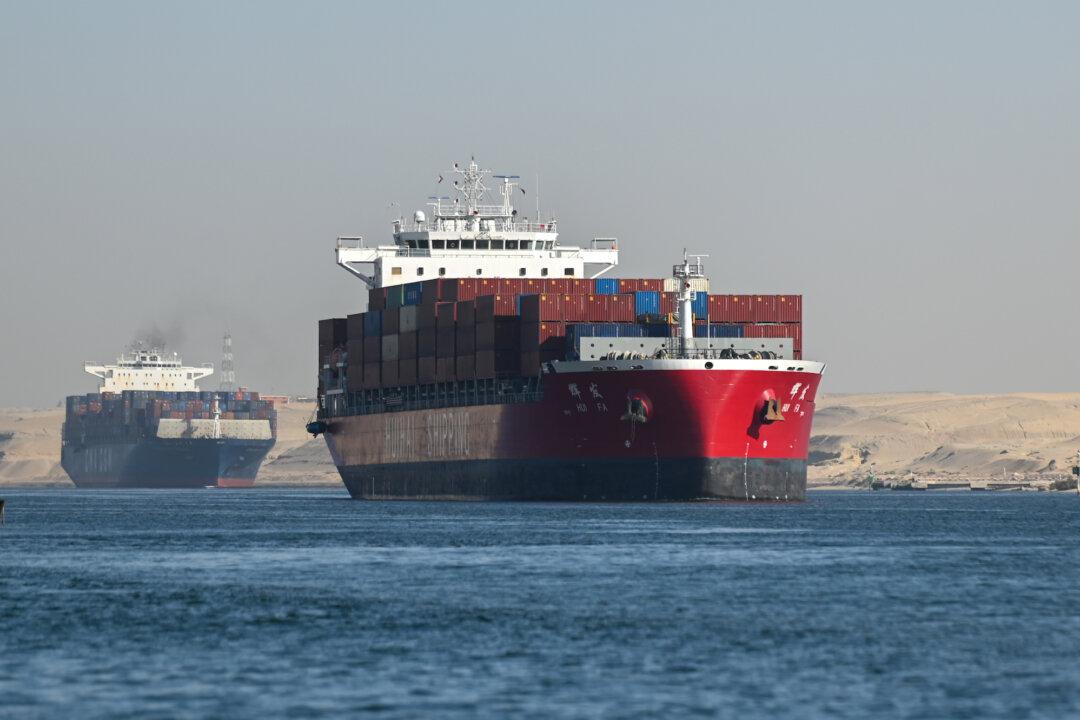UK lawmakers have warned that Britain’s supply of critical imports is threatened by a range of geopolitical challenges, including international conflict.
A new programme will “identify, review and where feasible” remove import barriers into the UK and overseas. It was introduced by business minister Nusrat Ghani on Wednesday.
These range from semiconductors to medicines and cover critical elements of infrastructure, such as defence, emergency services, food, transport, energy and digital technology.
“Imported goods enrich our lives and are vital to our economy. They ensure lower prices, greater choice, and help businesses to be more productive. They enable innovation, drive growth, and are essential to the UK’s world-leading industries, from aerospace to life sciences,” said Ms. Ghani.
Under the programme the government will launch a new Critical Imports Council to work with businesses in order to identify risks to the most sensitive imports.
Global Disruption
The strategy comes amid a rise in disruptions to global supply chains, caused by conflicts in Ukraine and the Middle East, the COVID-19 pandemic, and increased tension in the Taiwan Strait and South China Sea and the attacks in the Red Sea and Gulf of Aden.The government cautioned about the vulnerability of transport systems “where goods transit through maritime chokepoints.”
Last week, Foreign Minister David Cameron warned that if “the Houthis deny this passage to ships, vital supply chains are threatened and prices will go up in Britain and across the globe.”
As a direct result of Houthi attacks, 20 percent of the world’s container ships are already using the much longer route around the southern tip of Africa instead, Mr. Cameron stressed.
This impacts Britain’s supply chain stability, as almost 20 percent of UK imports pass through the Suez Canal maritime checkpoints, according to government data for 2021.
Another geopolitical area of concern for Britain is Russia’s invasion of Ukraine, which has disrupted global trade and led to hikes in energy prices.
Revamped Strategy
In response to “heightened geopolitical tensions,” the government said it will create a Foreign Influence Registration Scheme, which is meant to review the risks posed by foreign powers to UK safety and interests.Director general of the Institute of Export & International Trade, Marco Forgione, has been among those in the UK business industry, calling for a revamped imports strategy.
“It’s something we have been calling for, with many of our members raising issues around the supply of key components and ingredients,” he said, reacting to the government’s plan.
He listed security concerns, shipping and logistics problems and sanctions among factors affecting supply.
“So it’s positive to see action being taken to remedy this,” Mr. Forgione added.
The London Chamber of Commerce, the Society of Motor Manufacturers and Traders and the Critical Minerals Association have also backed the ambition to boost resilience of critical goods supply.
Among its other goals, the government strategy will explore the possibility of “supply chain financing interventions for the UK’s most critical supply chains.
The Department for Business and Trade and the Department for Energy Security and Net Zero will be assigned to take lead on financing interventions.







